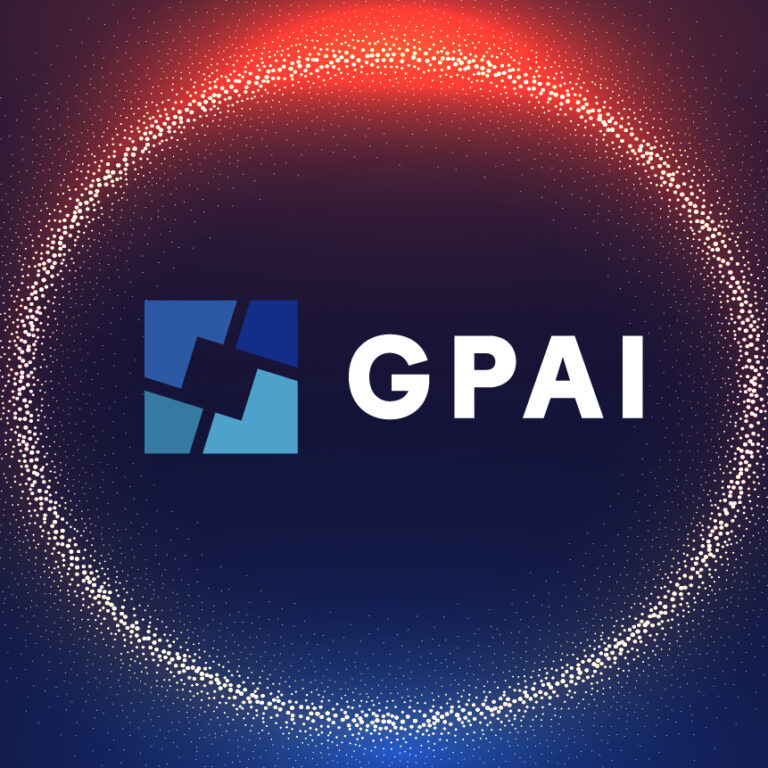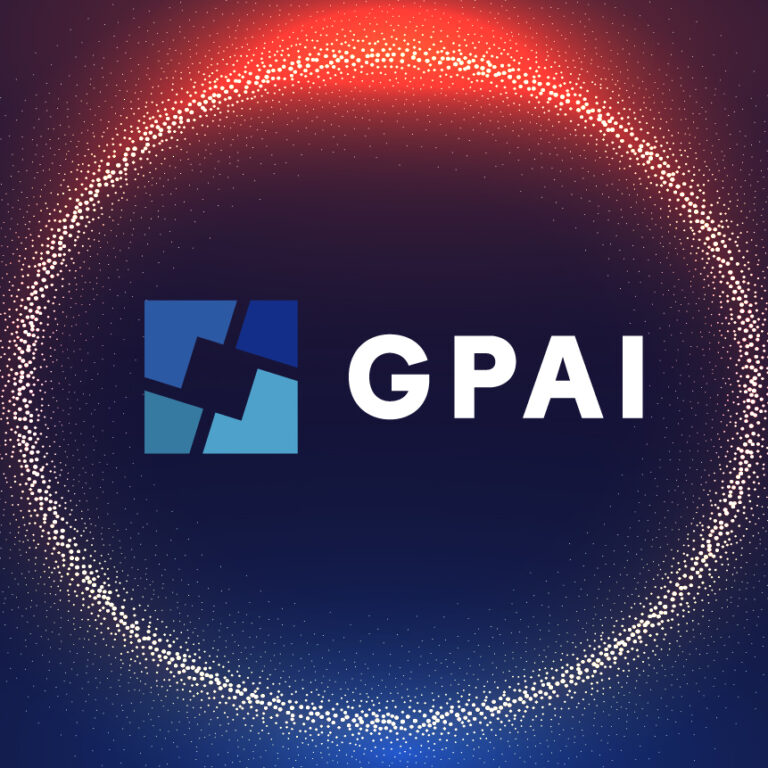As part one of their flagship projects, the expert members of the ‘Future of Work’ working group have recruited their students as survey researchers… An effective way of helping the rising generation to get to up close and personal with AI.
Co-chair of the Future of Work working group Dr. Yuko Harayama is particularly proud of one of this year’s innovations: the creation of student communities committed to becoming GPAI investigators. Here’s how the initiative came about: in parallel with implementing its AI workplace observation platform project, these GPAI experts decided to conduct a qualitative survey of companies by e-mailing questionnaires to them. “The questionnaire responses we received from these companies varied greatly”, explains Dr. Harayama. “Which is why we decided to supplement that work with face-to-face interviews”.
There was then the question of who would carry out these interviews. “We could have appointed a consulting firm, of course”, explains the Future of Work project leader. “But we opted instead to involve our own students, which offered the twin advantages of practical hands-on experience for them as part of their education, at the same time as providing a source of enrichment for our observation platform”. All the experts in the working group then became involved. Their mission was to identify possible candidates to conduct these interviews, supervise their work, help them identify case studies in their own countries, and conduct the interviews. “The supervision aspect is an important part of the process, since these students need to see an excellent level of preparation if they are to be credible in the corporate environment”, says Yuko Harayama.
These students, most of whom come from computer science and social science backgrounds, are being asked to do two things, because in addition to conducting the interviews, they are also being asked to collect information for the next generation of students, so that the community can be expanded over time to include more countries. The first round of student communities included five students, each responsible for conducting eight interviews in their own country: Canada, France, Italy and Spain. The initiative has made it possible to expand the catalogue of use cases from 54 in 2020 to 84 in 2021. “The underlying idea here is that a Japanese student can forward their results to a French student, thereby extending this ecosystem of communities”, explains the co-chair of the working group. “This generation will have the responsibility of continuing the development of AI, which is why we’re helping them to become more familiar with this technology”.



